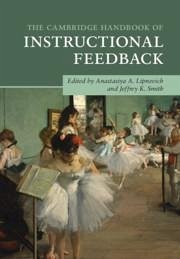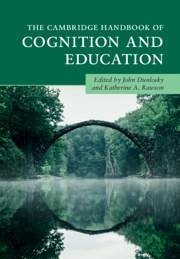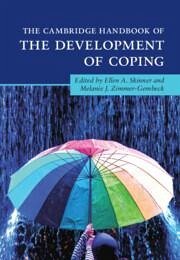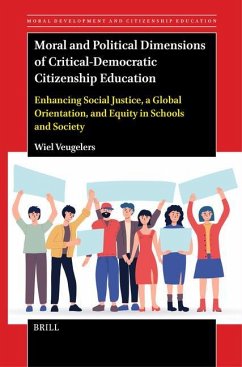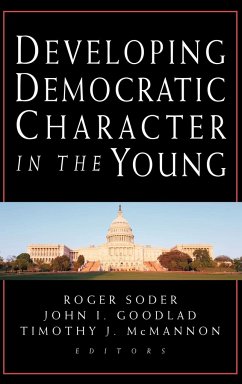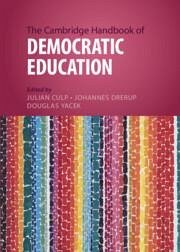
The Cambridge Handbook of Democratic Education
Versandkostenfrei!
Versandfertig in über 4 Wochen
202,99 €
inkl. MwSt.
Weitere Ausgaben:

PAYBACK Punkte
101 °P sammeln!
"The Cambridge Handbook of Democratic Education What kind of education is needed for democracy? How can education respond to the challenges that current democracies face? This unprecedented Handbook offers a comprehensive overview of the most important ideas, issues, and thinkers within democratic education. Its thirty chapters are written by leading experts in the field in an accessible format. Its breadth of purpose and depth of analysis will appeal to both researchers and practitioners in education and politics. The Handbook addresses not only the historical roots and philosophical foundati...
"The Cambridge Handbook of Democratic Education What kind of education is needed for democracy? How can education respond to the challenges that current democracies face? This unprecedented Handbook offers a comprehensive overview of the most important ideas, issues, and thinkers within democratic education. Its thirty chapters are written by leading experts in the field in an accessible format. Its breadth of purpose and depth of analysis will appeal to both researchers and practitioners in education and politics. The Handbook addresses not only the historical roots and philosophical foundations of democratic education, but also engages with contemporary political issues and key challenges to the project of democratic education"--






